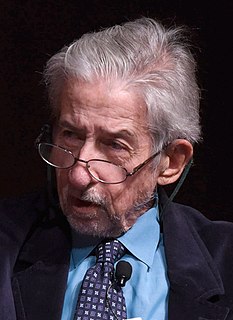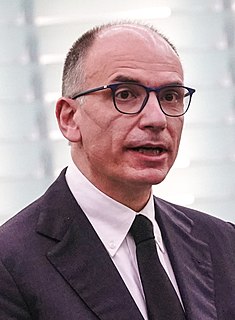A Quote by Tom Hayden
Most centrist Democrats... try to distance themselves from controversies that recall the 1960s. There are journalistic centrists as well, who avoid hard truths for the sake of acceptance and legitimacy.
Related Quotes
This can never become popular, and, indeed, has no occasion to be so; for fine-spun arguments in favour of useful truths make just as little impression on the public mind as the equally subtle objections brought against these truths. On the other hand, since both inevitably force themselves on every man who rises to the height of speculation, it becomes the manifest duty of the schools to enter upon a thorough investigation of the rights of speculative reason, and thus to prevent the scandal which metaphysical controversies are sure, sooner or later, to cause even to the masses.
True belief is not about blind submission. It is about open-eyed acceptance, and acceptance requires persistent distance from the truth, and that distance is doubt. Doubt, in other words, can feed faith, rather than destroy it. And it forces us, even while believing, to recognize our fundamental duty with respect to God's truth: humility. We do not know. Which is why we believe.
What people forget is that the most radical thing about Obama is that he was the first black man in history to imagine that he could become president, who was able to make other Americans believe it as well. Other than that, he is a centrist, just like I try to be. He's been bridging divisions his whole life.
Freedom is necessary for two reasons. It's necessary for the individual, because the individual, no matter how good the society is, every individual has hopes, fears, ambitions, creative urges, that transcend the purposes of his society. Therefore we have a long history of freedom, where people try to extricate themselves from tyranny for the sake of art, for the sake of science, for the sake of religion, for the sake of the conscience of the individual - this freedom is necessary for the individual.
Most people would rather change their circumstances to improve their lives when instead they need to change themselves to improve their circumstances. They put in just enough effort to distance themselves from their problems without ever trying to go after the root, which can often be found in themselves. Because they don't try to change the source of their problems, their problems keep coming back at them.

































